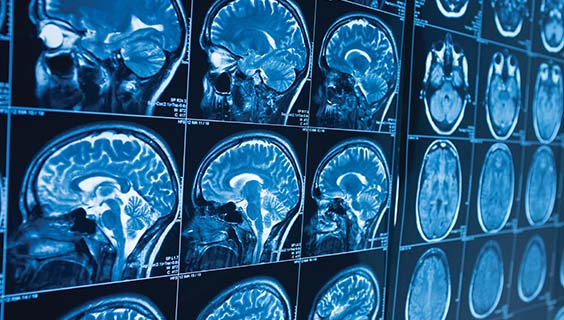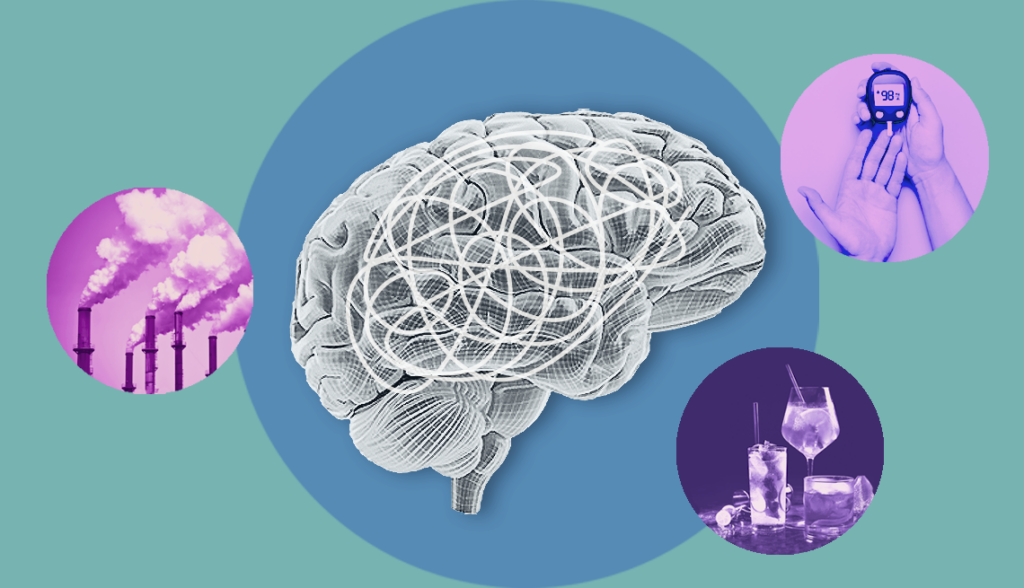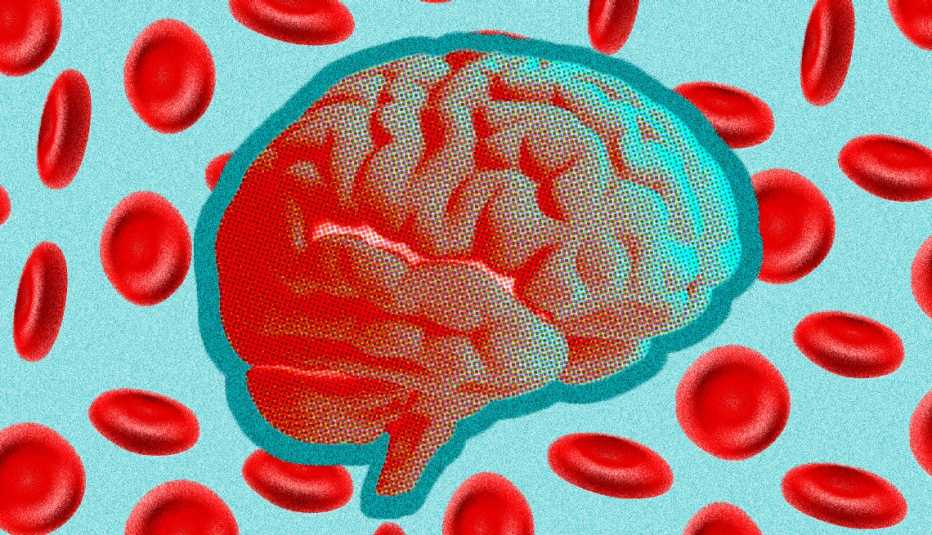Alzheimer’s and Dementia
5 Ways Technology Can Make Life Easier for Caregivers of Dementia Patients
Everyday technology that people use around the house — including doorbell cameras, smart speakers and wrist-worn trackers — can help those suffering from cognitive decline. The tech may ease the burden on caregivers, too. “Every family caregiver’s number one priority is their loved one’s safety,” says Jennifer Reeder, director of educational and social services for the Alzheimer’s Foundation…
Read More8 Frequently Asked Questions About Alzheimer’s Disease
1. What is the difference between Alzheimer’s disease and dementia? Alzheimer’s disease is a type of dementia. Dementia is a loss of thinking, remembering, and reasoning skills that interferes with a person’s daily life and activities. Alzheimer’s disease is the most common cause of dementia among older people. Other types of dementia include frontotemporal disorders, Lewy body…
Read MoreTips for Living Alone With Early-Stage Dementia
Have you, or has someone you love, recently been diagnosed with mild cognitive impairment, early-stage Alzheimer’s disease, vascular dementia, Lewy body dementia, or a frontotemporal disorder? Do you worry about how to manage if you live alone? If so, these tips offer ways to help cope with changes in memory and thinking, prepare for the future, and…
Read MoreWhat Are Frontotemporal Disorders? Causes, Symptoms, and Treatment
Frontotemporal disorders (FTD), sometimes called frontotemporal dementia, are the result of damage to neurons in the frontal and temporal lobes of the brain. Many possible symptoms can result, including unusual behaviors, emotional problems, trouble communicating, difficulty with work, or difficulty with walking. FTD is rare and tends to occur at a younger age than other…
Read More3 Big Risk Factors for Dementia to Avoid
While there are a few risk factors for dementia that you can’t control — like age and family history — a growing body of research shows that there are several that can potentially be changed throughout life. And a new study suggests that three of these so-called modifiable risk factors may have a big impact…
Read MoreResearchers Are Using AI to Find New Alzheimer’s Risk Factors
Brain experts have a pretty good handle on some of the major risk factors that contribute to Alzheimer’s—from a person’s genes to their physical activity levels, how much formal education they’ve received, and how socially engaged they are. But one promise of AI in medicine is that it can spot less obvious links that humans…
Read MoreAdapting Activities for People With Alzheimer’s Disease
Doing things we enjoy gives us pleasure and adds meaning to our lives. People with Alzheimer’s disease need to be active and do things they enjoy. However, it’s not easy for them to plan their days and do different tasks. People with Alzheimer’s may have trouble deciding what to do each day, which could make them fearful…
Read MoreA Simple Blood Test for Alzheimer’s? ‘It’s Not That Far Away’
A blood test that is being used in research studies but is not yet available in doctors’ offices was found to be highly accurate at detecting two defining characteristics of Alzheimer’s disease, a new study shows. Health experts say the findings suggest we’re getting closer to having an easier, less expensive way to tell if…
Read MoreHow Is Alzheimer’s Disease Diagnosed?
Doctors use several methods and tools to help determine if a person with thinking or memory problems has Alzheimer’s disease. To diagnose Alzheimer’s, doctors may: • Ask the person experiencing symptoms, as well as a family member or friend, questions about overall health, use of prescription and over-the-counter medicines, diet, past medical problems, ability to…
Read MoreTips for Caregivers and Families of People With Dementia
A caregiver, sometimes referred to as a caretaker, refers to anyone who provides care for another person. Millions of people living in the United States take care of a friend or family member with Alzheimer’s disease or a related dementia. Sometimes caregivers live with the person or nearby, other times they live far away. For…
Read More









